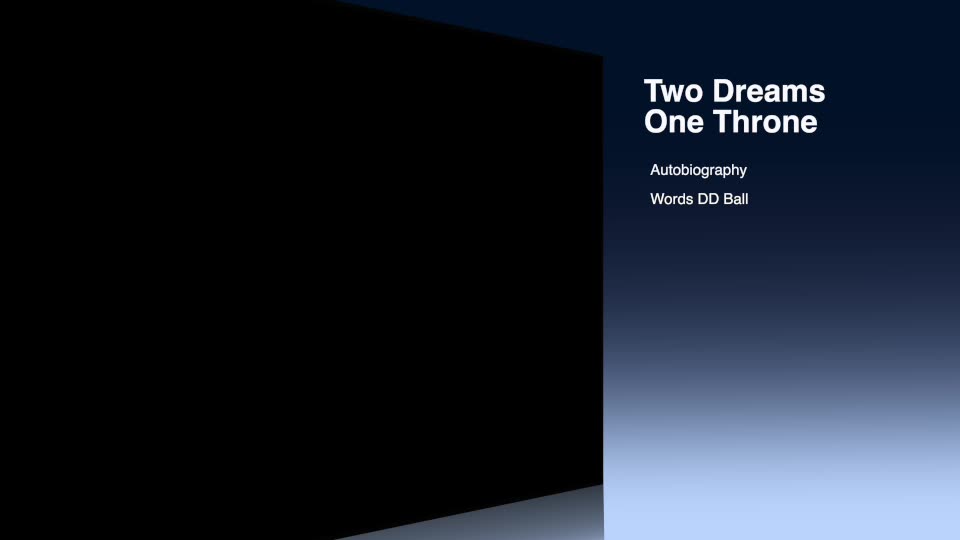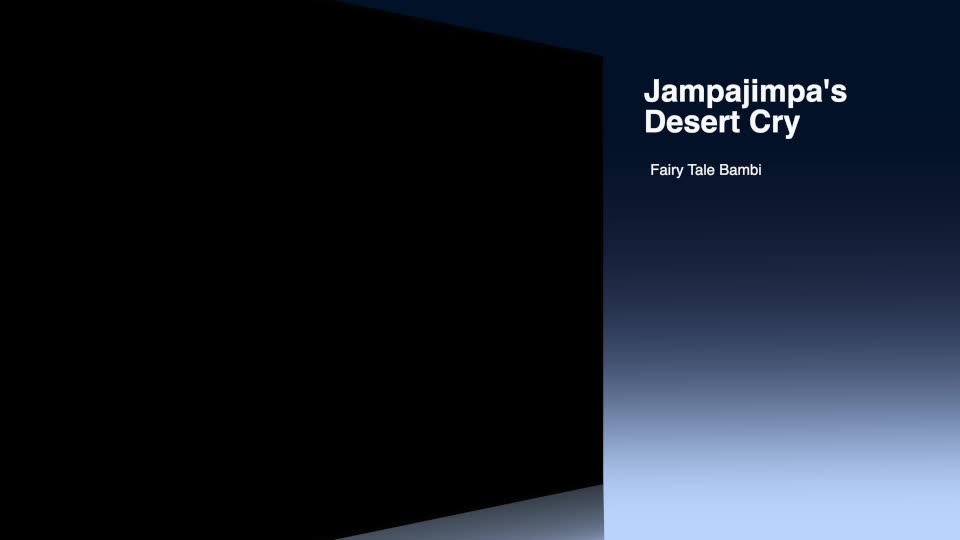

Beloved, as we lift our voices in praise, remember: The Lord crowns the humble with victory—not just in ancient psalms or distant stories, but in our lives today. In this season of renewed hope and leadership triumphs, let's act on His favor. Commit now: Humble your heart before God, pray for our nation's peace and the afflicted worldwide, and share this song with someone who's facing giants. Rise in faith—declare His delight over you, and step into the victory He's prepared. Amen. #CrownedWithVictory #Psalm149
Like, subscribe and comment. I read all comments
(Verse 1 – Soft, building instrumentation, evoking God's intimate delight, Hillsong-style acoustic guitar and piano)
In the quiet of the dawn, You see us, Lord,
Your people, broken yet beloved, in Your sight adored.
From ancient psalms we sing, Your favor never fades,
You take delight in the humble, in the paths we've made.
Like Israel restored, from exile's chains set free,
You lift the lowly hearts, and crown them royally.
*(Chorus – Uplifting, repetitive, with rising vocals and drums, ...

Jingle bell, jingle bell, jingle bell rock
Jingle bells swing and jingle bells ring
Snowin' and blowin' up bushels of fun
Now the jingle hop has begun
Jingle bell, jingle bell, jingle bell rock
Jingle bells chime in jingle bell time
Dancin' and prancin' in Jingle Bell Square
In the frosty air
What a bright time, it's the right time
To rock the night away
Jingle bell time is a swell time
To go glidin' in a one-horse sleigh
Giddy-up jingle horse, pick up your feet
Jingle around the clock
Mix and a-mingle in the jinglin' feet
That's the jingle bell rock
Jingle bell, jingle bell, jingle bell rock
Jingle bell chime in jingle bell time
Dancin' and prancin' in Jingle Bell Square
In the frosty air
What a bright time, it's the right time
To rock the night away
Jingle bell time is a swell time
To go glidin' in a one-horse sleigh
Giddy-up jingle horse, pick up your feet
Jingle around the clock
Mix and a-mingle in the jinglin' feet
That's the jingle bell
That's the jingle bell
That's the jingle...
David Daniel Ball calls himself the Conservative Voice.
I'm a teacher with three decades experience teaching math to high school kids.I also work with first graders and kids in between first grade and high school. I know the legends of why Hypatia's dad is remembered through his contribution to Math theory. And I know the legend of why followers of Godel had thought he had disproved God's existence.
I'm not a preacher, but I am a Christian who has written over 28 books all of which include some reference to my faith. Twelve blog books on world history and current affairs, detailing world events , births and marriages on each day of the year, organised by month. Twelve books on the background to and history of Bible Quotes. One Bible quote per day for a year. An intro to a science fiction series I'm planning, post apocalyptic cyber punk. An autobiography with short story collections.
I'm known in Australia for my failure as a whistleblower over the negligence death of a school boy. ...
This story is autobiographical. I met God in a dream before I knew Him.
I'll include story, song and bits and pieces I used to make it visual, with thanks to Grok, Suno, Animaker and my friend, for her encouragement.
Two Dreams That Changed Everything
It was February 14, 1978. I was living with my family in a long, low ranch house at 101 Winant Road in Princeton, New Jersey. The house stretched out with basements at each end—one near the driveway, the other deeper in the back. That evening, my grandmother, my older sister, my brother, and I had traveled by train and taxi to New York City's Albert Einstein Hospital where my younger sister, Pam was. Pam's body had rejected the kidney transplant. We were there to say goodbye to her as she lay unconcious.
I returned home late, around 11:30 p.m., exhausted and numb. The house felt too quiet. As I headed down to the basement near the driveway to turn off a forgotten light, my hand caught on something sharp—a small splinter embedded near the ...

Thanks to Mark, Eric and Dan for making this possible. I'm not saying they endorse it. It is a book. I took 50 Fairy Tales and Transliterated them into a Warlpiri Context set in the Dreamtime in the Tanami Desert. Warlpiri is an Australian Aboriginal language based mainly in Northern Territory. It has about 3000 speakers today who are bilingual English. I'm not giving you traditional Dreamtime stories as they are sacred, used for ceremony. Instead, I have these 50 items.
Dreamtime, or Jukurrpa is the oral history of Warlpiri extending back tens of thousands of years, predating farming. So there were challenges in making these stories in cultural terms. Eg, in the Frog Prince, the girl kisses a frog. No self respecting Jukurrpa Karnta would do that to her Yapa. Instead, the lizard (cane toads are imports) would accompany her for a meal with her folks several times. And he becomes a worthy prince. Sorry Harry.
https://www.amazon.com.au/dp/B0GH8K3M6J?ref=ppx_yo2ov_dt_b_fed_asin_title...

https://rumble.com/v7462v6-first-cricket-test-blues-15-19th-march-1877.html
Imagine a time in 1877 when cricket was already a beloved sport in England, but a bold new chapter began on the other side of the world. An English team sailed across the oceans to Australia, where they faced a local side at the grand Melbourne Cricket Ground. This wasn't just any game—it was the very first official Test match, a multi-day battle of skill, strategy, and endurance played over several days on a dusty pitch under the colonial sun. Players wore classic Victorian whites, crowds gathered in excitement, and the match featured pioneering moments that would shape the sport forever. It marked the start of an epic international rivalry between England and Australia, full of drama, tradition, and passion that still captivates fans today.
Here are some evocative vintage illustrations capturing the spirit of that historic 1877 encounter:
facebook.comfacebook.comtheguardian.comalamy.com
Cricket enthusiasts, ...

